Book of the Day Roundup: August 12-16, 2024
The Witch’s Secret
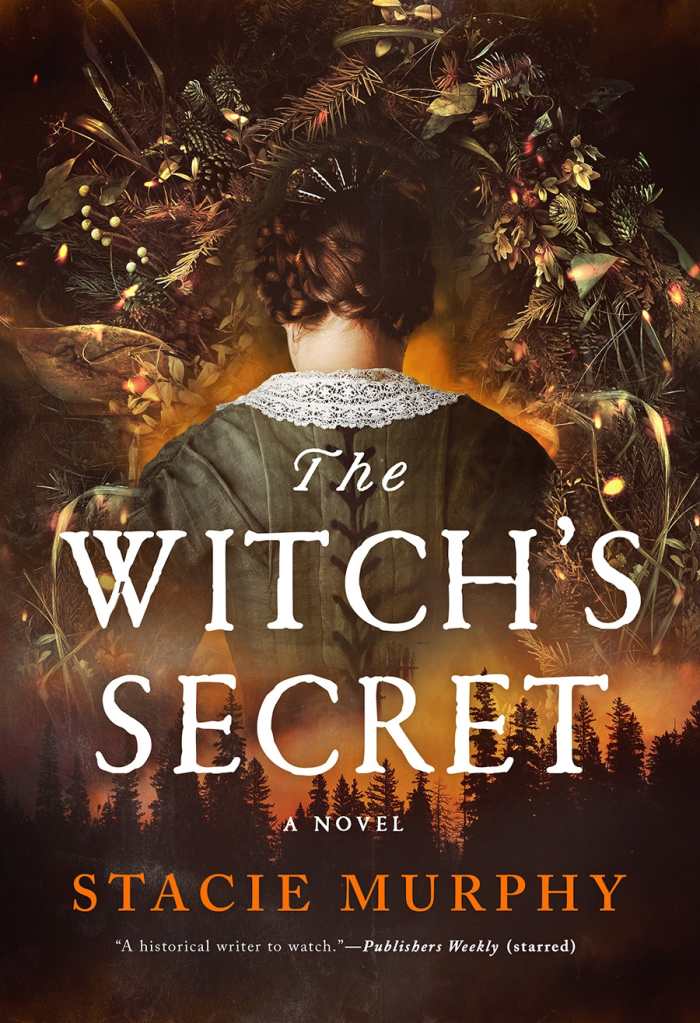
Stacie Murphy
Pegasus Crime
Hardcover $27.95 (336pp)
978-1-63936-629-3
Buy: Local Bookstore (Bookshop)
An exiled witch contends with murderous forces in Stacie Murphy’s beguiling novel The Witch’s Secret.
In the Civil War-era, Joya, having misused her magic against the strict rules of her Boston magisterium, is sent to live with Josiah, a watchful, taciturn elder who lives in a roughshod town on the Colorado frontier. It’s a setting that’s full of danger, where Joya has to accept help from others to get by. Further, her arrival in the West takes a vicious turn when she and a ranger stumble on a slain couple. Joya is alarmed: she senses evil magic behind the deed. Meanwhile, the presence of Southern rebels and spies among the witches heightens the book’s suspense, and when a Union patrol is murdered, Joya’s suspicions increase.
The novel involves both historical and supernatural elements, and it bristles with urgency. Its gritty setting is lightened because of people’s relationships with one another: Joya connects other women, including a girl with nascent magical powers; their friendships draw forth the protective facets of Joya’s character. And in the course of her apprenticeship with Josiah, she learns to be more responsible with magic. There are flickerings of romance in the novel as well.
Joya was once inventive enough to combine new ways of casting spells; now, she has to rely on other means for success. Indeed, the interplay between Joya’s powerful will and her now-limited abilities is fascinating. The dichotomy also spurs her to act, even as doubt reigns surrounding whether her status as a witch will ever be restored. Later, an encounter with a demon provokes questions about how far sin extends—and about whether wrong deeds can be forgiven if they prevent greater wrongs.
In the historical novel The Witch’s Secret, a powerful woman learns to harness her strength with stunning results.
KAREN RIGBY (June 10, 2024)
Quill the Forest Keeper
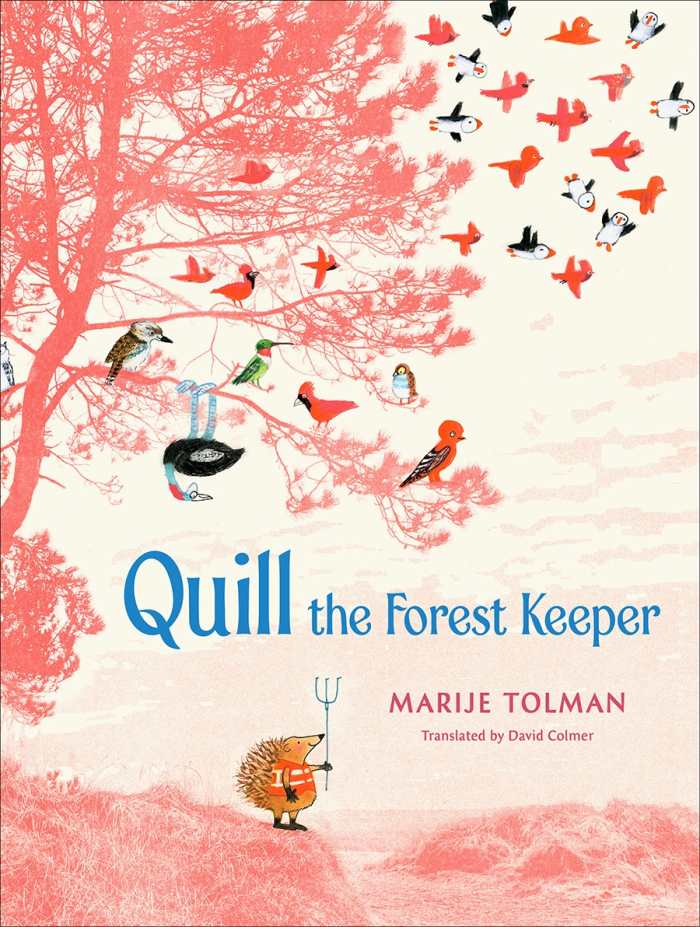
Marije Tolman
David Colmer, translator
Levine Querido
Hardcover $18.99 (32pp)
978-1-64614-452-5
Buy: Local Bookstore (Bookshop)
Even during the Rush Era, Quill took his time cleaning the forest, mountains, and sea that all the animals enjoy. His efforts went unnoticed. When Quill went into hibernation, however, the other animals soon realized the impact of his absence and stepped in to help. The Rush Era now exists only in a story that Grandpa Quill tells his grandchildren. The unique illustrations layer red- and blue-hued nature risographs with whimsical insertions of Quill and his forest friends, making this bustling text a bookshelf must.
DANIELLE BALLANTYNE (June 10, 2024)
Delinquents and Other Escape Attempts
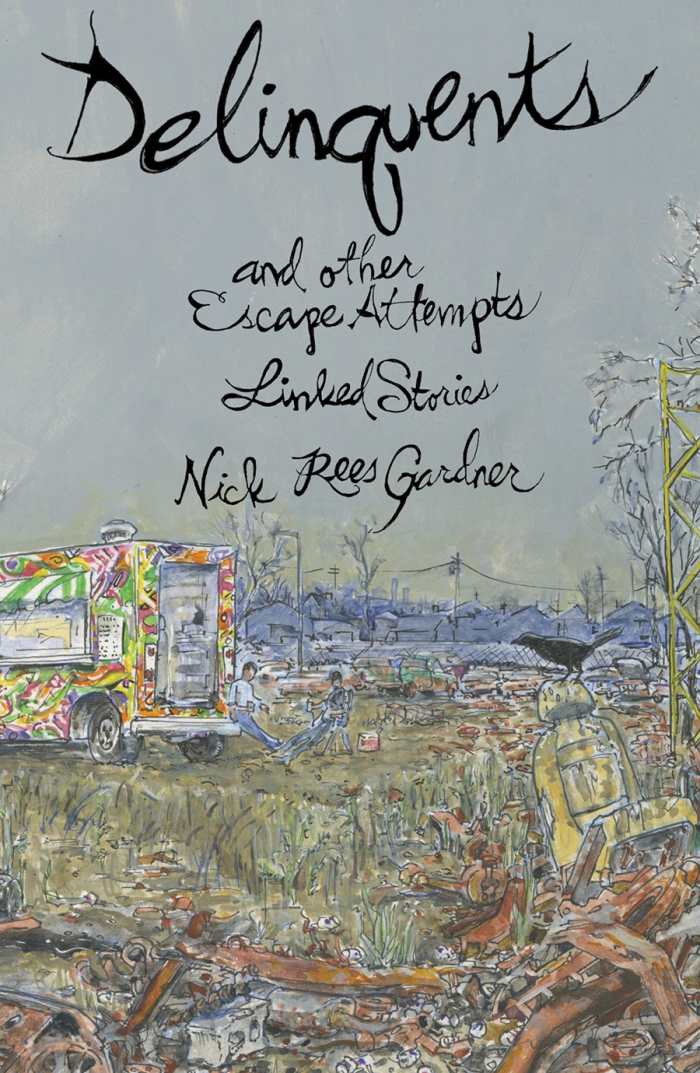
Nick Rees Gardner
Madrona Books
Softcover $18.99 (182pp)
978-1-960593-03-0
Buy: Local Bookstore (Bookshop)
Nick Rees Gardner’s scathing short story collection captures lives of not-so-quiet desperation in the Rust Belt.
These linked stories vivify Westinghouse, Ohio, an imaginary depressed Midwestern town wherein some people’s only options seem to be “rehab, death or prison.” Most people try to escape, often through drink and drugs. Youth who feel that they are just passing through fail to realize that their Midwest home will be fine without them.
There are haunting but humorous tales of substance abuse, recovery, efforts to leave, and fantasies about starting new lives throughout. In “Sever the Head,” an alcoholic winery employee tries to get clean; in a memorable scene, an octopus is decapitated. “Orange Pill, Yellow Wrangler” chronicles a descent into heroin addiction in harrowing detail. And in the poignant entry “Delinquents,” a scrap metal rocket ship is crafted out of a person’s “drive to vanish in the firmament.”
The stories are suffused with a palpable sense of place that’s complemented by a hand-drawn map with a legend of Westinghouse’s landmarks. And the prose is alliterative and earthy, making use of streetwise analogies that ground it in realism. Westinghouse residents have to watch out for “American Gangstering” and try not to be buzzkilled” or “smithereened.” Keen insights on drug use, addiction, and recovery are included, too: someone who used to swill drink from a hip flask and take edibles “now call[s] movies films”; another person gulps “down airplane bottles of Sutter Home over ice to stop the shakes”; and someone marvels over how soft the bed feels in rehabilitation.
In the scintillating short story collection Delinquents and Other Escape Attempts, small-town residents flirt with escapism from feelings of brokenness, searching for more beyond their hardscrabble existence.
JOSEPH S. PETE (June 10, 2024)
Archive of Style
New and Selected Poems
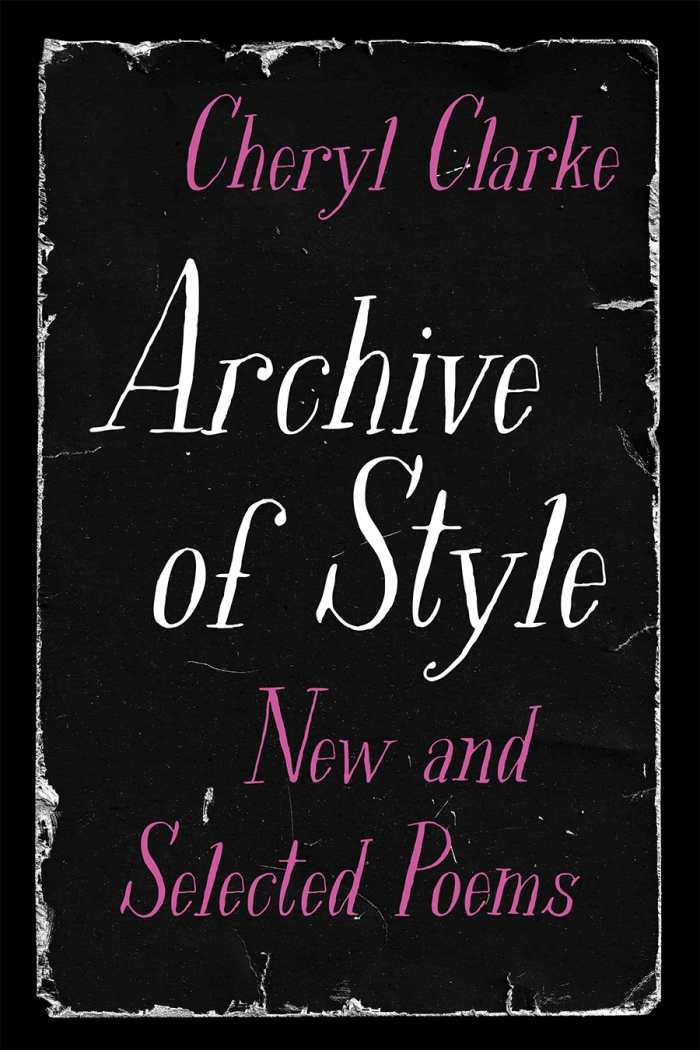
Cheryl Clarke
Northwestern University Press
Hardcover $29.00 (192pp)
978-0-8101-4760-7
Buy: Local Bookstore (Bookshop)
Black lesbian feminist Cheryl Clarke’s five-decade poetry career accommodated a second pursuit—a little matter of changing the world to be a better place for Black women, the LGBTQ+ community, and the disenfranchised. A veteran of the Black Arts Movement and the feminist publishing scene of the 1970s and 1980s, she is as grounded as they come, her words seemingly destined for stone tablets. After forty years at Rutgers, she runs a bookstore in Hobart, New York.
lipstick corny
for M.J.S.
Lipstick
on wineglass corny
mark of femme-memory.
sage, basil, dill, parsley
harvested from planted pots
gifts to our worthless, reckless, feckless souls,
every one.
(cigarettes oh cigarettes
—never free of nicotine’s je ne sais quoi—and reefer,
jamais assez,
when your dealer dies quietly quickly of cancer.)Then, spotting the wineglass take it up:
‘I’ll have wine now.’
‘Red?’‘There’s also Vouvray.’
‘The Malbec, its bright magenta rim.’
So much cover for eros.and a next morning memory
ephemeral
lipstick on wineglass
corny
or a gift
against our dread of naming?
MATT SUTHERLAND (June 10, 2024)
Manboobs
A Memoir of Musicals, Visa, Hope, and Cake
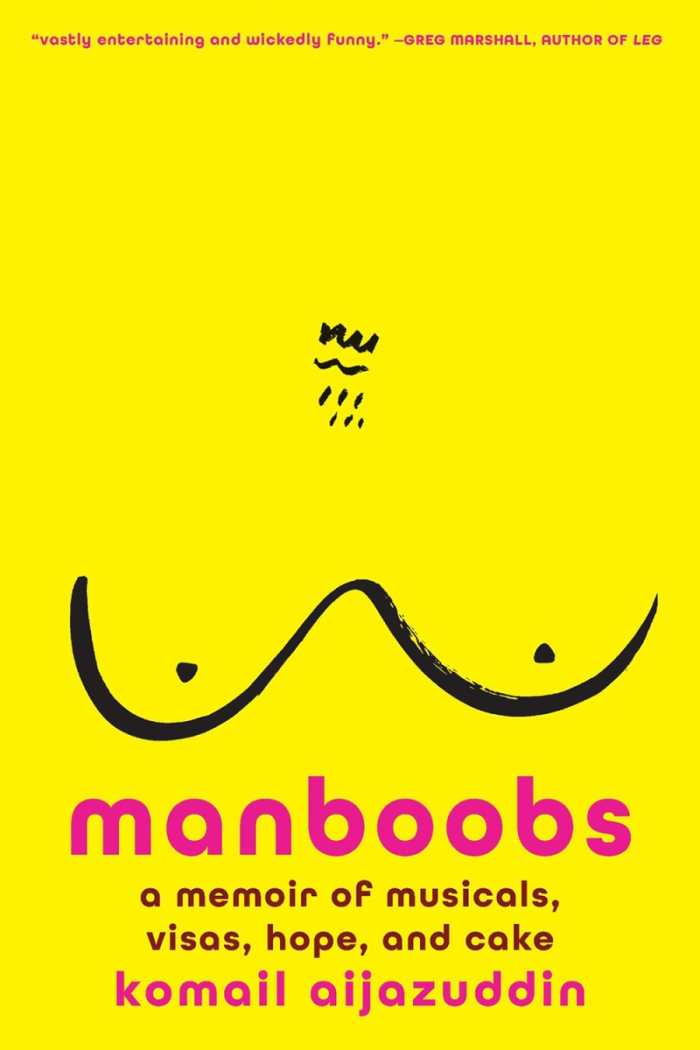
Komail Aijazuddin
Abrams Press
Hardcover $27.00 (288pp)
978-1-4197-7384-6
Buy: Local Bookstore (Bookshop)
Variously hilarious and despairing, Komail Aijazuddin’s memoir covers his struggles for self-acceptance.
As a child, Aijazuddin knew that he was different from other children and that he would suffer because of it. “Gay boys who are unable to hide our gayness from the world are told early and often that there is something inherently wrong with us that needs fixing,” he writes. Indeed, a fellow gay student at the Pakistani Academy stood out like “a ballerina on a rugby pitch.” Aijazuddin himself, with his exuberant love of American musicals and effeminacy, felt trapped in a body that was shaped like that of an ancient fertility goddess while other boys his age were sprouting facial hair and muscles. Having inherited gynocomastia (enlarged male breasts) only added to his embarrassment and isolation.
The book’s descriptions are lively, showing how Aijazuddin took comfort in food and dreams of the United States, both of which later left him disillusioned: the truth about the American dream, he writes, is that “you have to be asleep to believe it.” Abroad, he pursued interests in the visual arts and writing and learned to navigate the ecstasies and dangers of gay life. He experienced some culture shock upon arriving in the United States and wept the first time he walked into a Costco. But the social dissonance remained: once called out for not being “Pakistani enough” in Pakistan—where, Aijazuddin writes, restrictive religiosity is inhaled with a baby’s first breath and where privilege, not merit, is the key to survival—Aijazuddin found that he was “too Pakistani” for gay life in the United States too, where the culture had its own rules of engagement.
The candid and sometimes uproarious memoir of a gay Pakistani, Manboobs is about the search for acceptance in two radically different, flawed countries—and within oneself.
KRISTINE MORRIS (June 10, 2024)
Kathy Young
